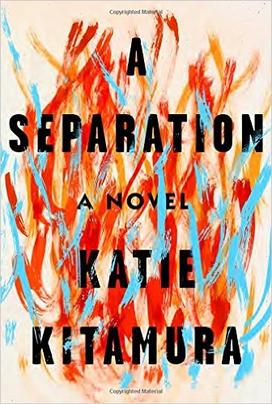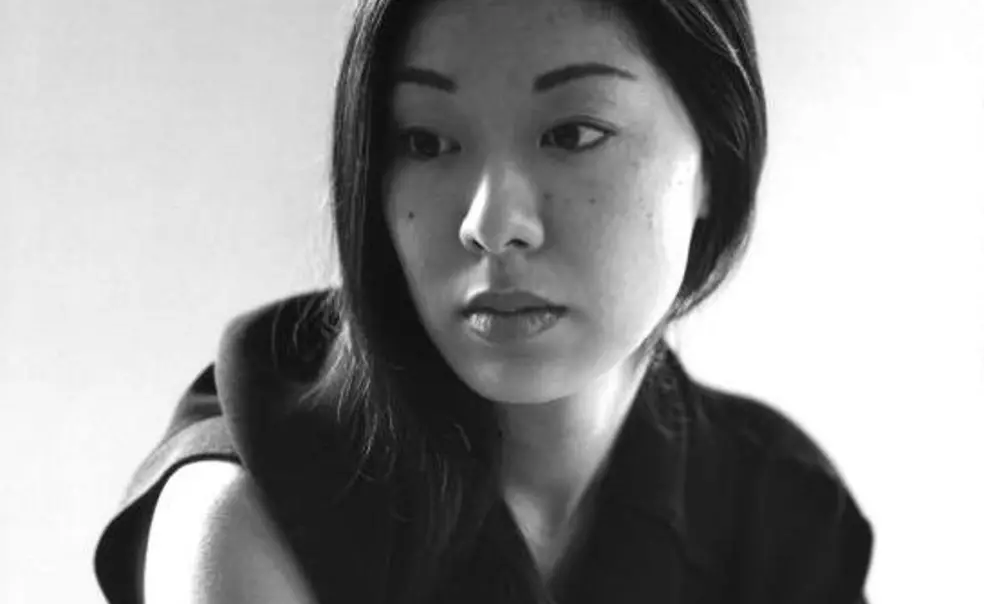Katie Kitamura ’99’s Novel, A Separation, Captures Emotional Disarray

The book: Katie Kitamura ’99’s third novel navigates the perilous tides of sentiment during a couple’s marital dissolution. A Separation (Penguin) is told from the cool perspective of an unnamed female narrator and begins with a phone call from her mother-in-law — who is ignorant of the couple's estrangement — inquiring about her son's whereabouts. The narrator, who has been separated for six months from the son, decides it's an ideal time to formally begin the divorce process and agrees to track him down in Greece where he's decamped to research mourning rituals. Kitamura, whose sparse prose has been compared to Ernest Hemingway’s, brings subdued but resonant language to the emotional inner-narration as the story takes unexpected turns.
The author: Katie Kitamura ’99 is novelist, journalist, and art critic. She is currently an honorary research fellow at the London Consortium. Her previous fictional works include The Longshot: A Novel (Free Press, 2009) and Gone to the Forest (Profile Books, 2013).
Opening paragraphs: It began with a telephone call from Isabella. She wanted to know where Christopher was, and I was put in the awkward position of having to tell her that I didn’t know. To her this must have sounded incredible. I didn’t tell her that Christopher and I had separated six months earlier, and that I hadn’t spoken to her son in nearly a month.
She found my inability to inform her of Christopher’s whereabouts incomprehensible, and her response was withering but not entirely surprised, which somehow made matters worse. I felt both humiliated and uncomfortable, two sensations that have always characterized my relationship with Isabella and Mark. This despite Christopher often telling me I had precisely the same effect on them, that I should try not to be so reserved, it was too easily interpreted as a form of arrogance.
Didn’t I know, he asked, that some people found me a snob? I didn’t. Our marriage was formed by the things Christopher knew and the things I did not. This was not simply a question of intellect, although in that respect Christopher again had the advantage, he was without doubt a clever man. It was a question of things withheld, information that he had, and that I did not. In short, it was a question of infidelities—betrayal always puts one partner in the position of knowing, and leaves the other in the dark.
Reviews: Kirkus Review says, “A minutely observed novel of infidelity unsettles its characters and readers.”
The New Yorker says, “Kitamura is a writer with a visionary, visual imagination—she’s an art critic, too—and a bold symbolist streak. The mood she likes best is menace.”












No responses yet